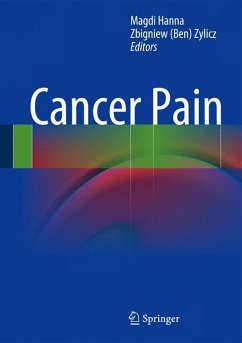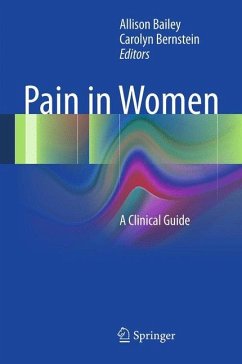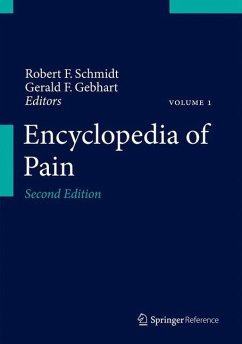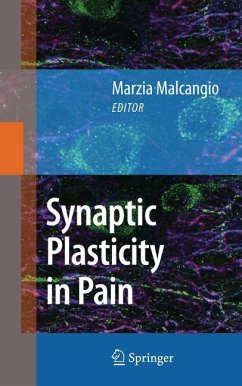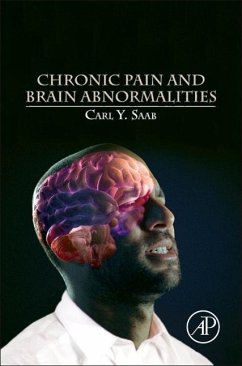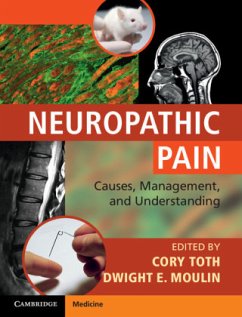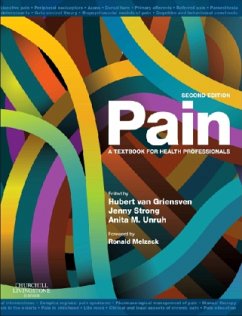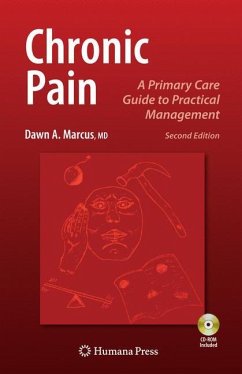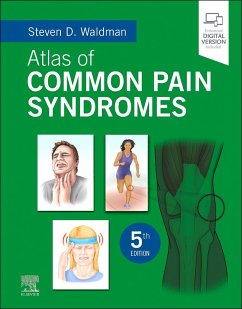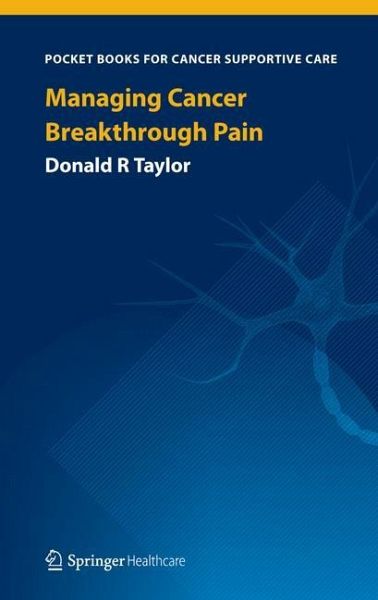
Managing Cancer Breakthrough Pain

PAYBACK Punkte
19 °P sammeln!
Managing Cancer Breakthrough Pain is a comprehensive review of cancer breakthrough pain (cBTP) and rapid-onset opioids (ROO), the only treatment approved for cBTP episodes. The book was originally commissioned due to the current rapid growth of the ROO market and the epidemic of ROO abuse. This book will review the historical background and definitions of cBTP and ROOs, assessment methods to determine types of cBTP, US- and EU-approved ROOs, case studies (which will provide practical applications of ROO treatment options), ROO abuse and screening methods, and the FDA-mandated TIRF REMS Access ...
Managing Cancer Breakthrough Pain is a comprehensive review of cancer breakthrough pain (cBTP) and rapid-onset opioids (ROO), the only treatment approved for cBTP episodes. The book was originally commissioned due to the current rapid growth of the ROO market and the epidemic of ROO abuse. This book will review the historical background and definitions of cBTP and ROOs, assessment methods to determine types of cBTP, US- and EU-approved ROOs, case studies (which will provide practical applications of ROO treatment options), ROO abuse and screening methods, and the FDA-mandated TIRF REMS Access program (Transmucosal Immediate Release Fentanyl Risk Evaluation and Mitigation Strategies Access program). Busy healthcare professionals who have a basic understanding of cancer pain but want to learn more about cBTP and ROOs will benefit from this concise guide that will help them quickly understand the complexities of cBTP episodes and ROOs.




